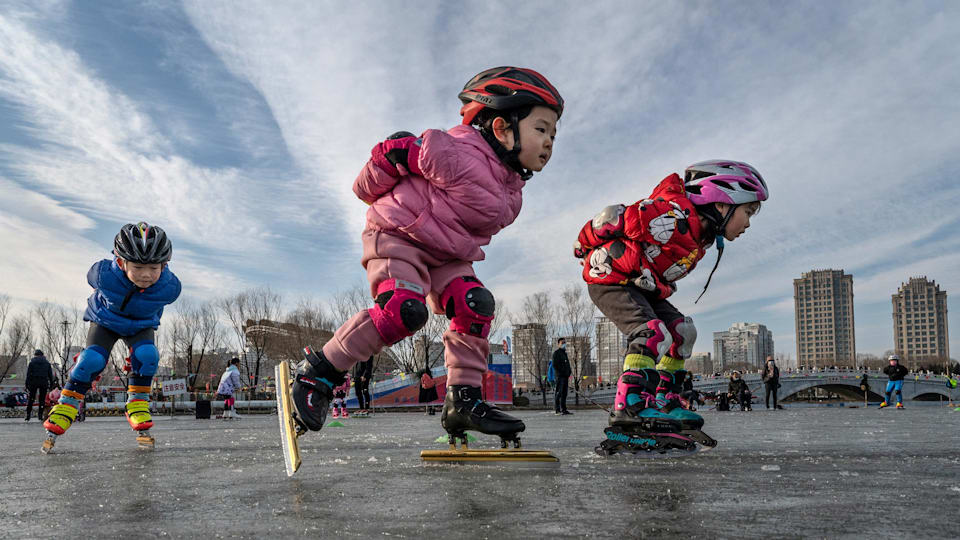100 years of Olympic Winter Games: Legacies of the past Olympic Winter Games
Next week marks 100 years since the first Olympic Winter Games took place in Chamonix, France. Ahead of the 100th anniversary, we look into the legacies of the various Olympic Winter Games editions since.

The Olympic Winter Games have created lasting benefits for winter sport, and transformative legacies for their hosts since the first Games in 1924.
-
The Games have propelled their hosts – often little-known mountain destinations – onto the world map, bringing tourism and economic benefits.
-
For example, Innsbruck 1964 boosted tourism and improved infrastructure in Innsbruck and the Tyrol region. In 2022, Tyrol’s tourism industry directly and indirectly employed 60,000 people and generated around EUR 8.4 billion in turnover. With 32.7 per cent of overnight stays in 2022, Tyrol is the most visited region of the country, according to Austria’s Federal Ministry of Economic Affairs.
-
Olympic Winter hosts have used the benefits from the Games as catalysts to transform themselves into four-season resorts.
-
For example, Salt Lake City 2002 served as a springboard to establish Utah as one of the world's premier high-performance and recreational sports destinations. Since 2002, Utah has staged more than 175 international winter sports events. It is now a year-round recreational sports hub and an established training hub for world-class athletes, home to three US sports governing bodies.
-
The hosts have also used the Games to create a variety of community benefits for their local inhabitants, such as a more active population and improved social cohesion.
-
For example, Vancouver 2010 helped improve education, health and social inclusion. The Games also promoted Indigenous culture, enhanced literacy programmes and inspired sustainable infrastructure. These legacies continue to benefit communities in the region and contribute to the well-being of the population.
-
The Olympic Winter Games have contributed to development of winter sports at the national, regional and global level.
-
For example, more than 346 million people in China engaged in winter sports as a result of Beijing 2022, which created lasting, wide-ranging social and economic benefits for local people. According to the China Tourism Academy, the country’s winter leisure tourism sector is expected to welcome more than 520 million visitors and earn revenue of more than CNY 720 billion (approx. USD 107 billion) during the 2024-2025 season.